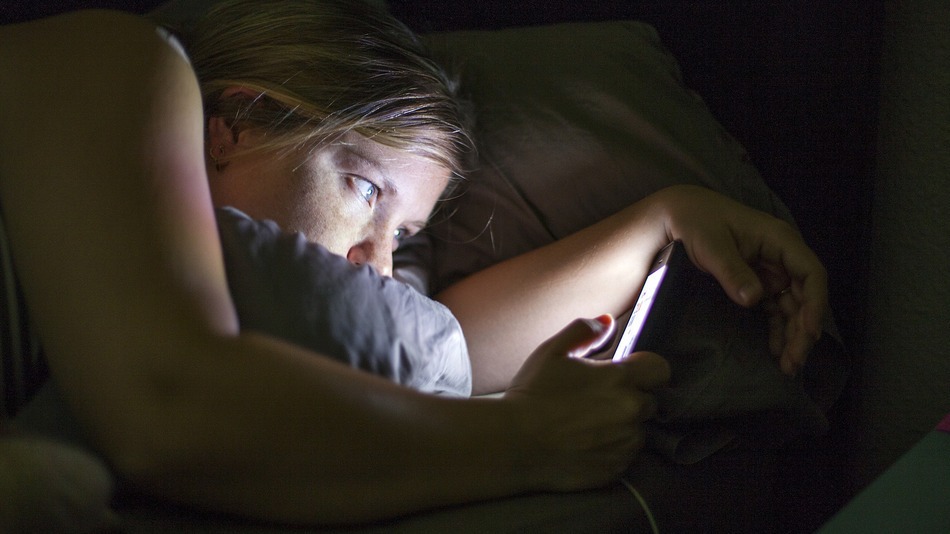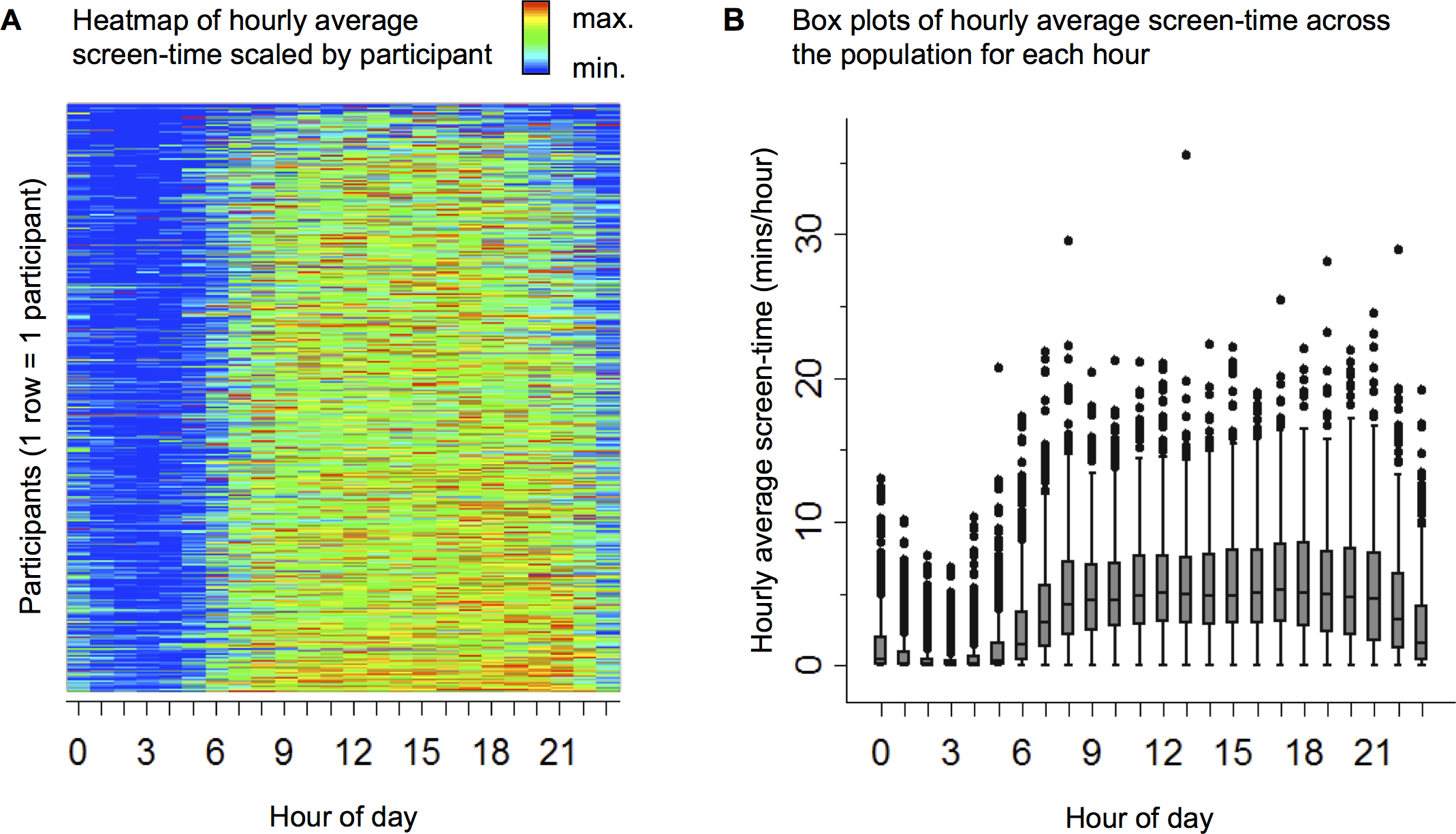Scientists have studied the connection between using a smartphone and worsening sleep.

Smartphones have long been a part of everyday life, but scientists still have questions about their effects on human health, and in particular, on the quality of sleep. It is believed that if you look at the phone screen for a long time before you go to bed, the quality of sleep will noticeably suffer. It is known that prolonged sleep problems are associated with the occurrence of diseases such as obesity, diabetes and depression. According to a study by scientists at the University of California , the impact of smartphone screens is associated with reduced sleep quality.
A group of researchers led by Matthew Christensen decided to conduct an experiment that could confirm or deny the link between prolonged use of the phone and deterioration in the quality of sleep. Scientists analyzed data from 653 volunteers from across the United States. The participants in the experiment installed a special application on their smartphone, which recorded how many minutes per hour the screen of the smartphone remains active, and then at the end of each day, the data was sent via the Internet to the research database. Along with this, the subjects for 30 days kept a diary in which they recorded the duration of sleep and gave an assessment of its quality.
')

The distribution of participants in the experiment in the United States
The researchers found that each of the experiment participants, on average, per month, spends 38.4 hours in front of the screen, 3.7 minutes per hour (1.5 hours per day). Those with an average higher were found to be at the highest risk on the PHQ-9 scale, a tool for detecting depression. In this group were young people, mostly girls, of different races. In addition, these people could not fall asleep for a long time, but even when they succeeded, the sleep was short, and in the morning it seemed as if they had not slept at all. Those people whose performance did not go beyond the average norm, complained only of a reduction in the duration of sleep and a decrease in its effectiveness.

The calculation of the average time spent at the screen
However, scientists reported that the results of their research should not be interpreted as unequivocally correct. First, it is difficult to call a sample of people representative: participants were selected from a database of one medical site, which also used smartphones only on Android: a mobile application was developed exclusively for this platform. Naturally, such a selection can not reflect the entire population of the country as a whole. According to scientists, they had the opportunity to register screen time on those smartphones whose owners belong to a lower socio-economic class compared to iPhone owners. In addition, screen time and sleep analysis were limited to a subset that provided both types of data.
All demographic and medical information, as well as data on the quality of sleep were obtained from the hands of the subjects. However, the Christensen team relied on proven standardized tools and tests ( PSQI , PHQ-9 , International Physical Activity Questionnaire). The accuracy of the study is influenced by the fact that the focus was on the smartphone screen. The influence of other devices (TVs, laptops, computers) was not taken into account. And finally, the most important thing: the conclusions of the authors of the study do not indicate the presence or absence of a direct causal link between poor sleep and the amount of time spent in front of the screen.

Interrelation of sleep quality with average screen time
On the other hand, this work has certain advantages. This is the first study of its kind in which data on the operation of a smartphone were collected and related to demographic and medical indicators. Screen time was measured unobtrusively, in the background for 30 days, so the picture of the study is as close as possible to reality. In addition, the study was conducted remotely, via the Internet, so the sample was not spatially limited.
The results showed that the impact of the smartphone screen is associated with deterioration of sleep. Considering all the consequences for the body that arise from sleep problems, it is necessary to conduct further research in this area in order to establish a causal relationship between these two factors. This time, the researchers collected data on the quality and duration of sleep from the words of the users themselves, but in the future you can use an application that will collect this data at night. Ultimately, a deeper analysis of situational and cultural factors will be required, which often encourage the use of a smartphone to find tools that will help improve sleep.
Scientific work published in the journal PLoS ONE November 9, 2016
DOI: 10.1371 / journal.pone.0165331.s001
Source: https://habr.com/ru/post/399145/
All Articles